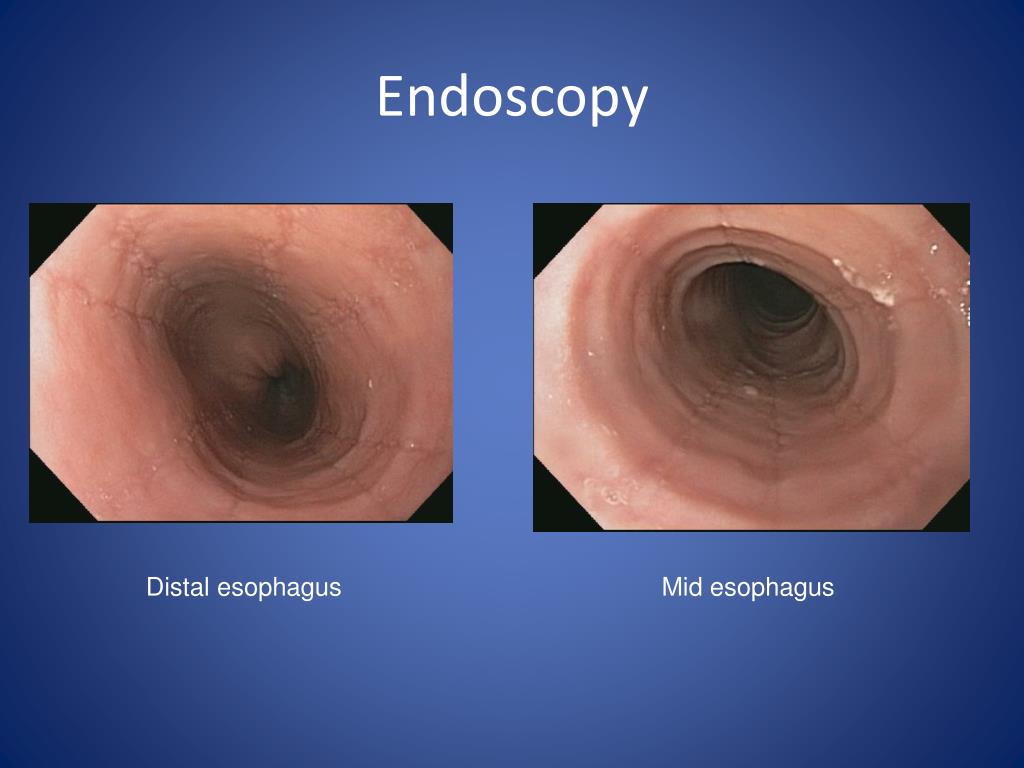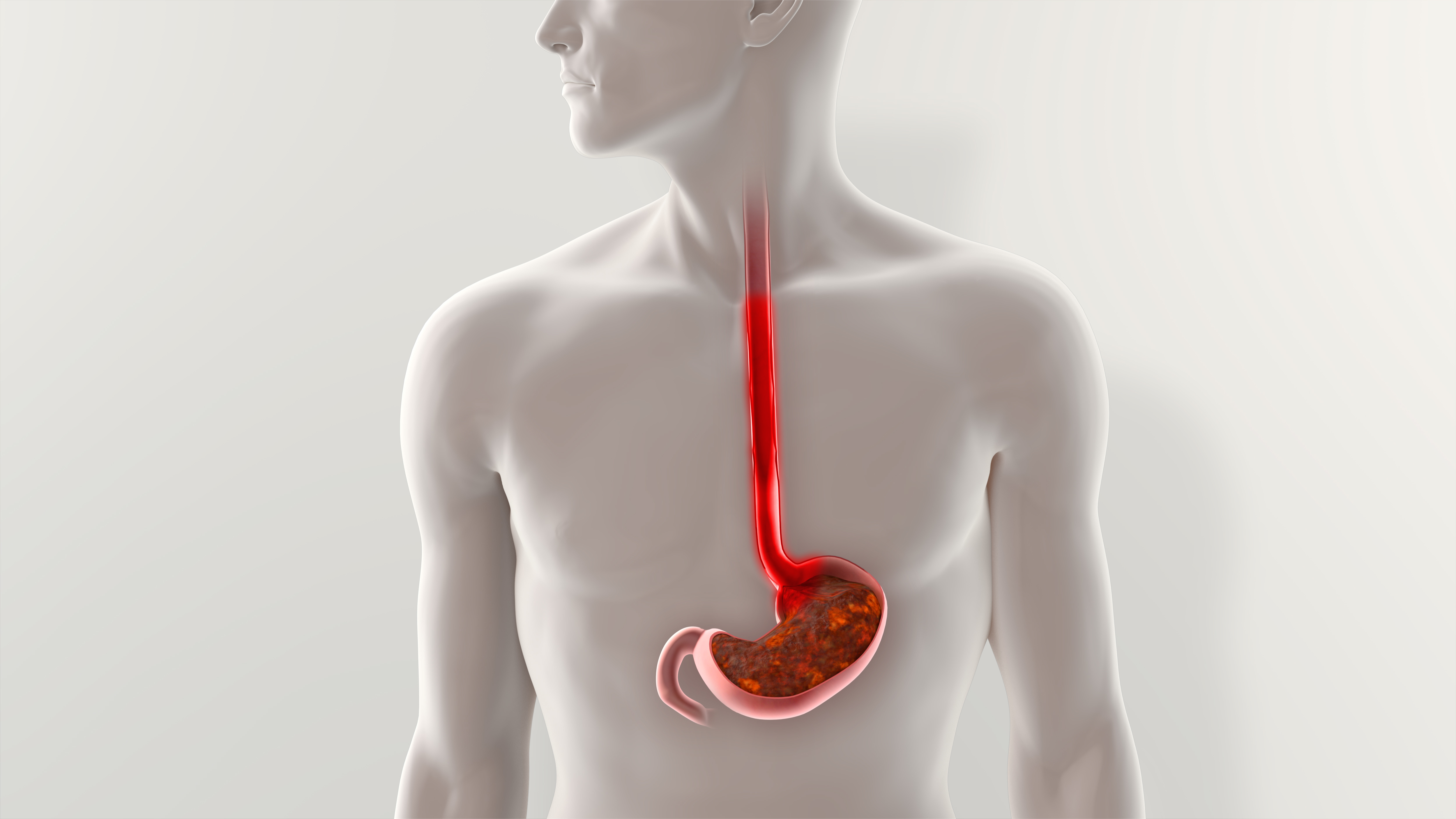


Ten patients of different ethnic backgrounds (4 Javanese, 3 Madurese, 1 Sundanese, and 1 Mongoloid) were then subjected to a pre-test cognitive interview to confirm that the translated questionnaire was understandable. At this step, no modifications were made since the back-translation was relatively similar to the original. This version (v3) was handed to another licensed translator with a medical background (I.K.) for backward translation. and T.S.) and one senior otolaryngologist (R.F.P.) until consensus was achieved (v3). Differences were discussed with two gastroenterology experts (M.M. and H.P.) worked independently to generate the first two versions of the forward translation (v1 and v2). The process of translating the RSI questionnaire to Bahasa Indonesia was done using the method suggested by Acquadro et al. Our secondary objective was to determine the prevalence of extra-esophageal symptoms of GERD and the factors associated with them. The primary objective of our study was to evaluate the validity and reliability of the RSI questionnaire translated to Bahasa Indonesia. Valid and reliable measures to evaluate extra-esophageal symptoms are still required since most of these symptoms are not specific. Hence, it is essential to consider cross-cultural aspects when translating the RSI questionnaire to Bahasa Indonesia. 9 - 12 Indonesia is a country with diverse ethnicity and cultural backgrounds. 8 Translations of the RSI questionnaire in several languages, including Spanish, Brazilian-Portuguese, Turkish, and Polish have been published. Patients with scores ≥13 are considered positive for LPR. The RSI questionnaire comprises nine subdomains, with scores ranging from 0 to 45. The Reflux Symptom Index (RSI) is a questionnaire that focuses on extra-esophageal symptoms and is one of the most widely used measures to evaluate LPR.


 0 kommentar(er)
0 kommentar(er)
